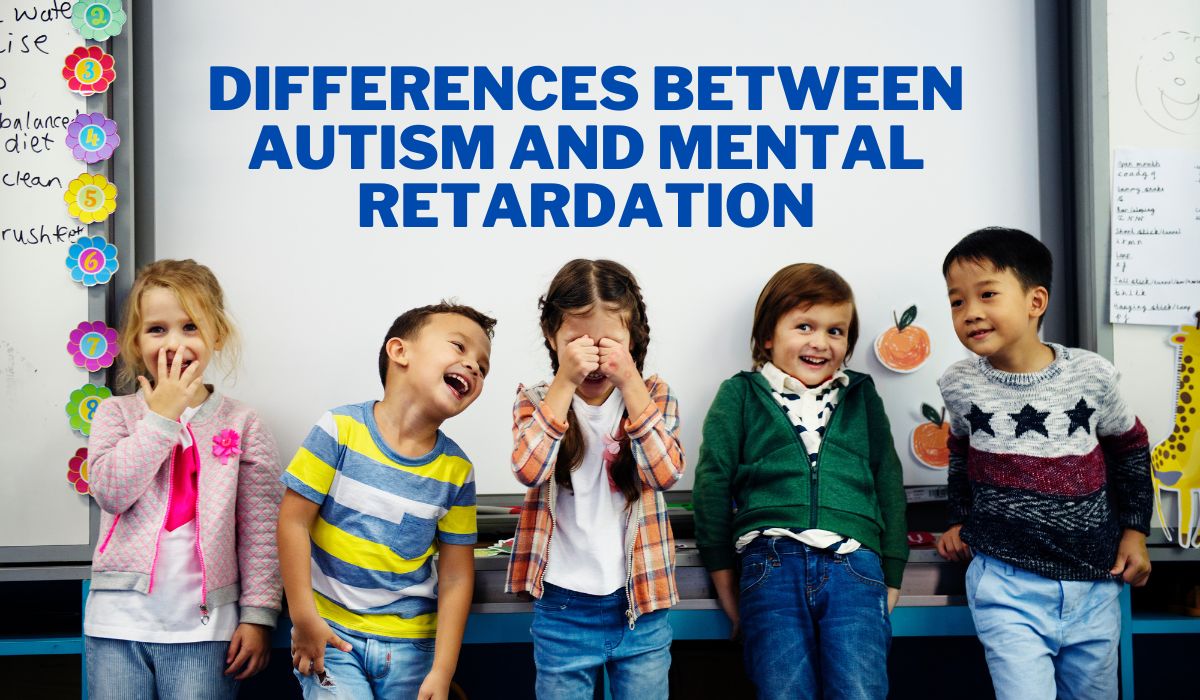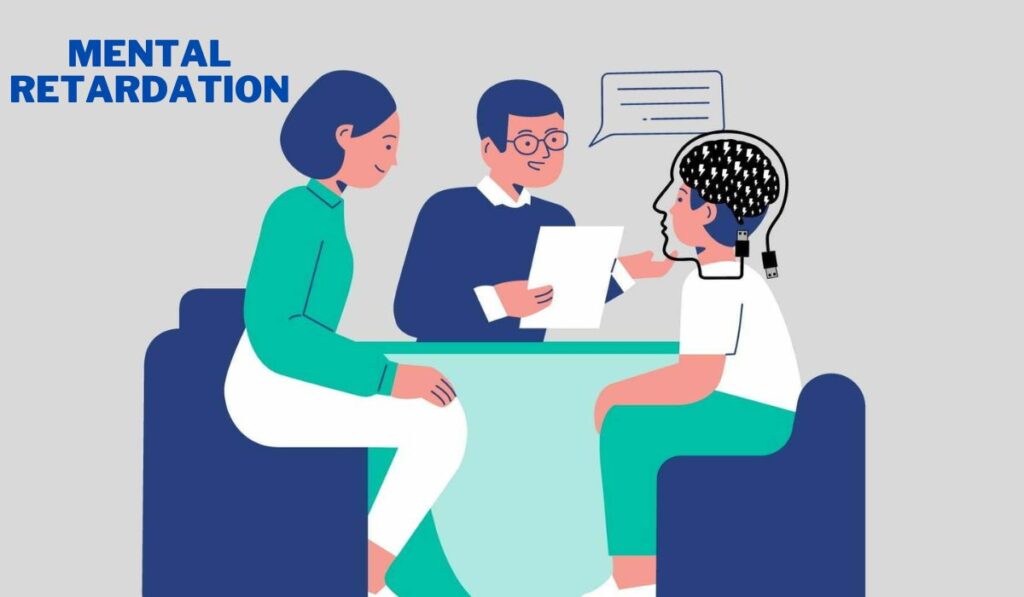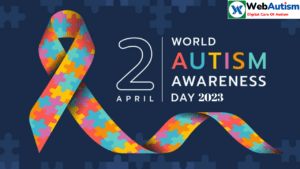Is there any differences between Autism and Mental Retardation?
Are Autism and Mental Retardation the same disorder?
The answer is NO!
In-spite of all the similarities, there are also various significant differences between Autism and Mental retardation. The main difference between Autism and Mental Retardation is that Autism is a mental state which appears from early childhood, diagnosed by a massive difficulty in communicating, interacting, and forming relationships with other people.
Children with Autism do not usually have reduced cognitive functioning. In contrast, Mental Retardation (Intellectual Disability) is a neurodevelopmental disorder diagnosed by intellectual and adaptive functioning affected.
Mental Retardation is an evaluation of the children’s cognitive functioning.
To differentiate between Autism and Mental Retardation, you have to know the meaning of the two terms:
- Intellectual ability – an individual’s capacity to learn, to think abstractly, and apply the lessons.
- Adaptive capacity – the ability of an individual to live independently, showing communication and social skills.
Main differences between Autism and Mental Retardation
Autism
- Autism cases differ in the IQ range with below and above average test results.
- Autistic people have average or even above-average intelligence.
- The problem that some people face is an inability to function socially within the “normal” population.
- An autistic people cannot communicate with the outside world through language.
- People with Autism may be able to progress in some areas properly but have difficulties in language, communication, and social interaction.
- They are unable to understand the world in terms of letters and sounds, and they express their wishes known often in nonverbal ways.
- Autistic children may lack empathy for other people because they have challenges in understanding their emotions and emotional responses.
Mental Retardation
- Mental Retardation needs a score on an intelligence test at least two standard deviations below the normal.
- If “normal” is 100, then two standard deviations below will be 50-75 approximately.
- Intelligence tests are not the best predictors of their future success or ability.
- Mental Retardation may present speech and vocabulary challenges but not the same in a case of severe Autism, which can make someone nonverbal.
- Patients with mental retardation delay oral language development, deficits in memory skills, learning social norms, and a challenge with problem-solving skills.
- A way to measure mental functioning is by evaluating the child’s sensory-motor development.
Autism
Autism or Autism Spectrum Disorder is diagnosed in a person showing repetitive behavioral patterns and often impairs their social interactions with other people.
Doctors usually diagnose Autism Spectrum Disorder (ASD) in childhood before three years of age, according to the American Autism Association. Some symptoms might appear at the time of birth, while others show as they become older.
Challenges in communicating and social interacting include:
- Abnormal speech patterns like using a robot tone/voice.
- Difficulty in maintaining eye contact with people.
- Unable to read facial expressions and body language.
- Repeat the same phrases frequently.
- Challenges in understanding others’ emotions and expressing their own.
- Challenges in forming relationships.
- Not responding to his/her name.
- Not interested in what is going on around them.
In summary
Autism Spectrum disorder is not an Intellectual Disability. Deficits in Intellectual ability are not a diagnostic criteria of Autism. Autism delays developing Adaptive capacity, which presents an uneven development in language, communication, and emotional states. In Autism, development is not static.
Mental Retardation (Intellectual Disability) is a disorder that affects children’s intellectual ability to learn. Reciprocally, this does not equate to an inability to understand.






